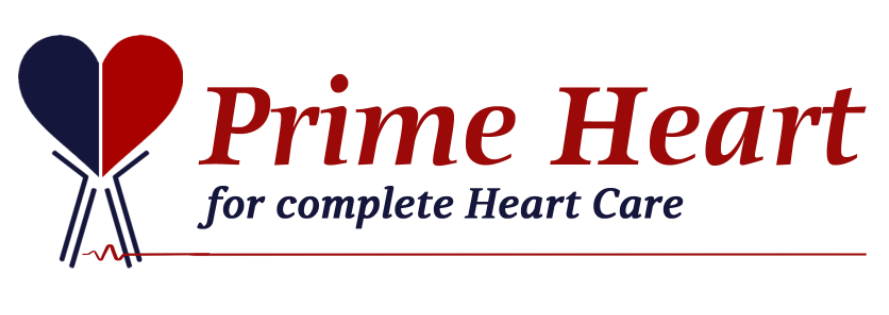

An arrhythmia is an irregular heartbeat. A normal heart rhythm is steady and coordinated. The heart beats in a specific pattern, ensuring that blood is pumped efficiently throughout the body. In arrhythmia, the heart beats too quickly (tachycardia), too slowly (bradycardia), or with an irregular rhythm.
There are many different types of arrhythmias. Some are harmless and may not even be noticeable. Others can be serious and even life-threatening.Causes of Arrhythmia
Many things can cause arrhythmia, including:- Coronary artery disease
- High blood pressure
- Heart valve disease
- Thyroid problems
- Electrolyte imbalances
- Certain medications
- Stimulants such as caffeine, nicotine, and alcohol
- Stress
- Sleep apnea
Symptoms of Arrhythmia
The symptoms of arrhythmia can vary depending on the type and severity of the arrhythmia. Some people may not experience any symptoms at all. Common symptoms include:- Fluttering or racing heart sensations (palpitations)
- Feeling like your heart is skipping beats
- Slow heart rate (bradycardia)
- Dizziness
- Lightheadedness
- Fainting (syncope)
- Chest pain
- Shortness of breath
Diagnosis of Arrhythmia
If you experience any symptoms of arrhythmia, it is important to see a doctor for diagnosis. The doctor will ask you about your medical history and symptoms, and may perform a physical exam. They may also order one or more of the following tests:- Electrocardiogram (ECG)
- Holter monitor
- Event recorder
- Echocardiogram
- Electrophysiological study (EPS)
Treatment of Arrhythmia
Treatment for arrhythmia will depend on the type and severity of the arrhythmia. śśSome arrhythmias do not require treatment. Treatment options for arrhythmia include: Lifestyle changes, such as quitting smoking, eating a healthy diet, and exercising regularly- Medications
- Catheter ablation
- Pacemaker or implantable cardioverter-defibrillator (ICD)
